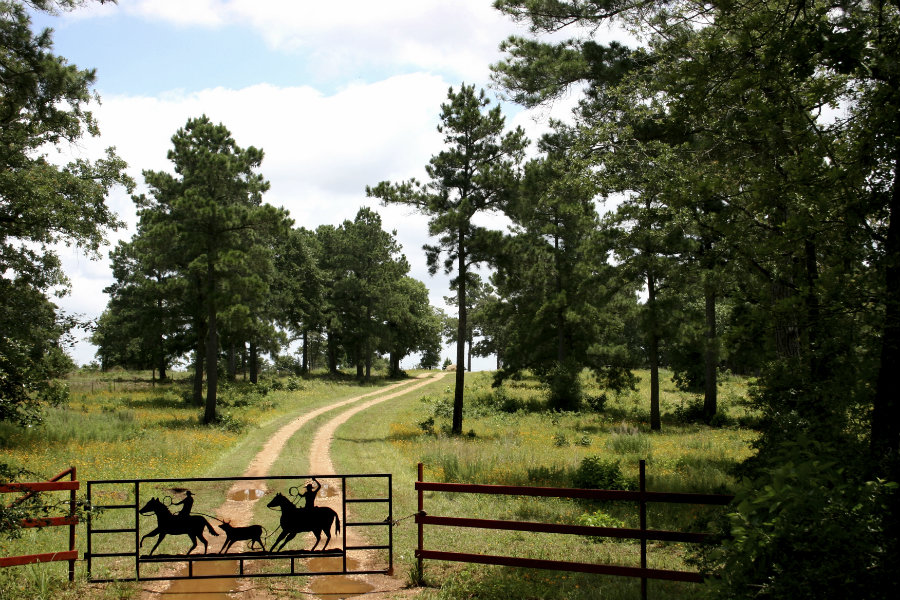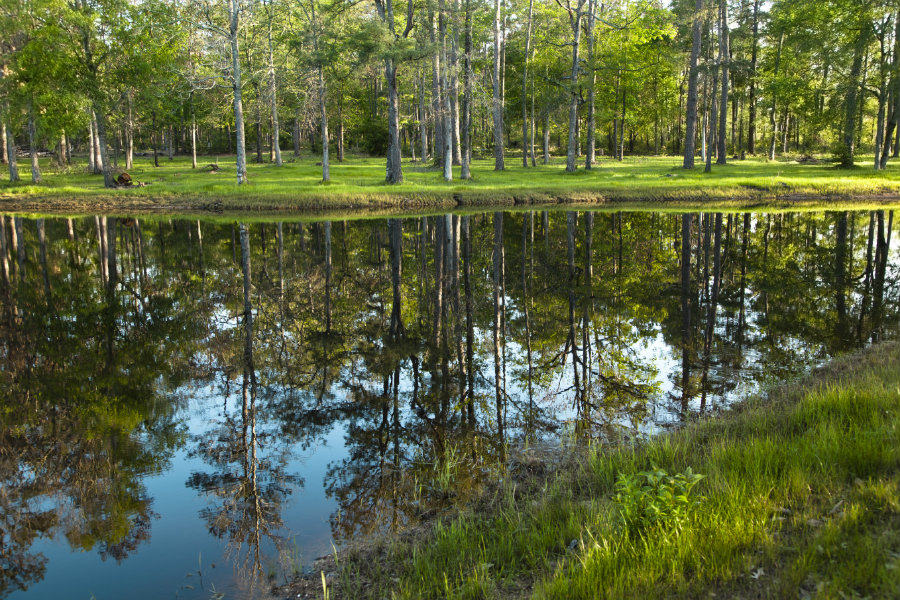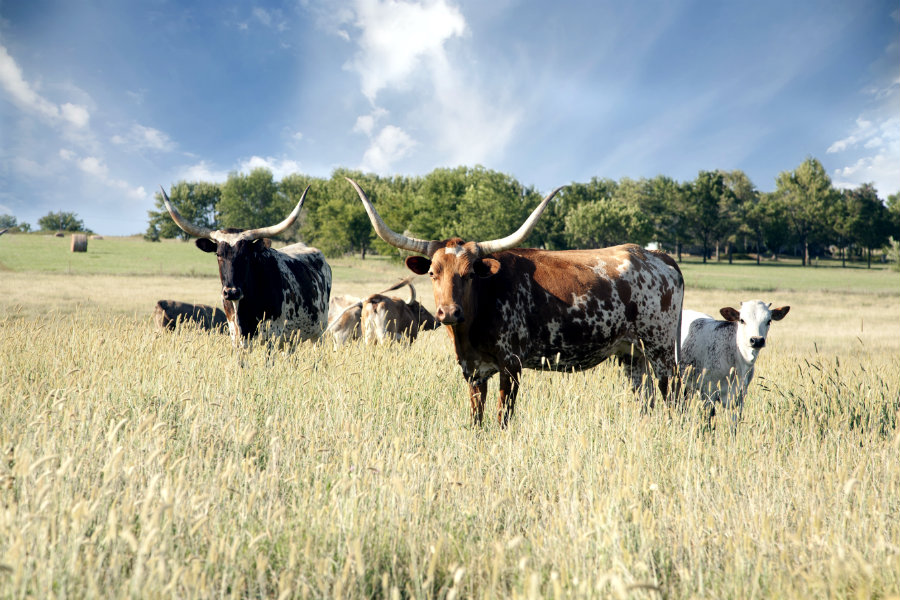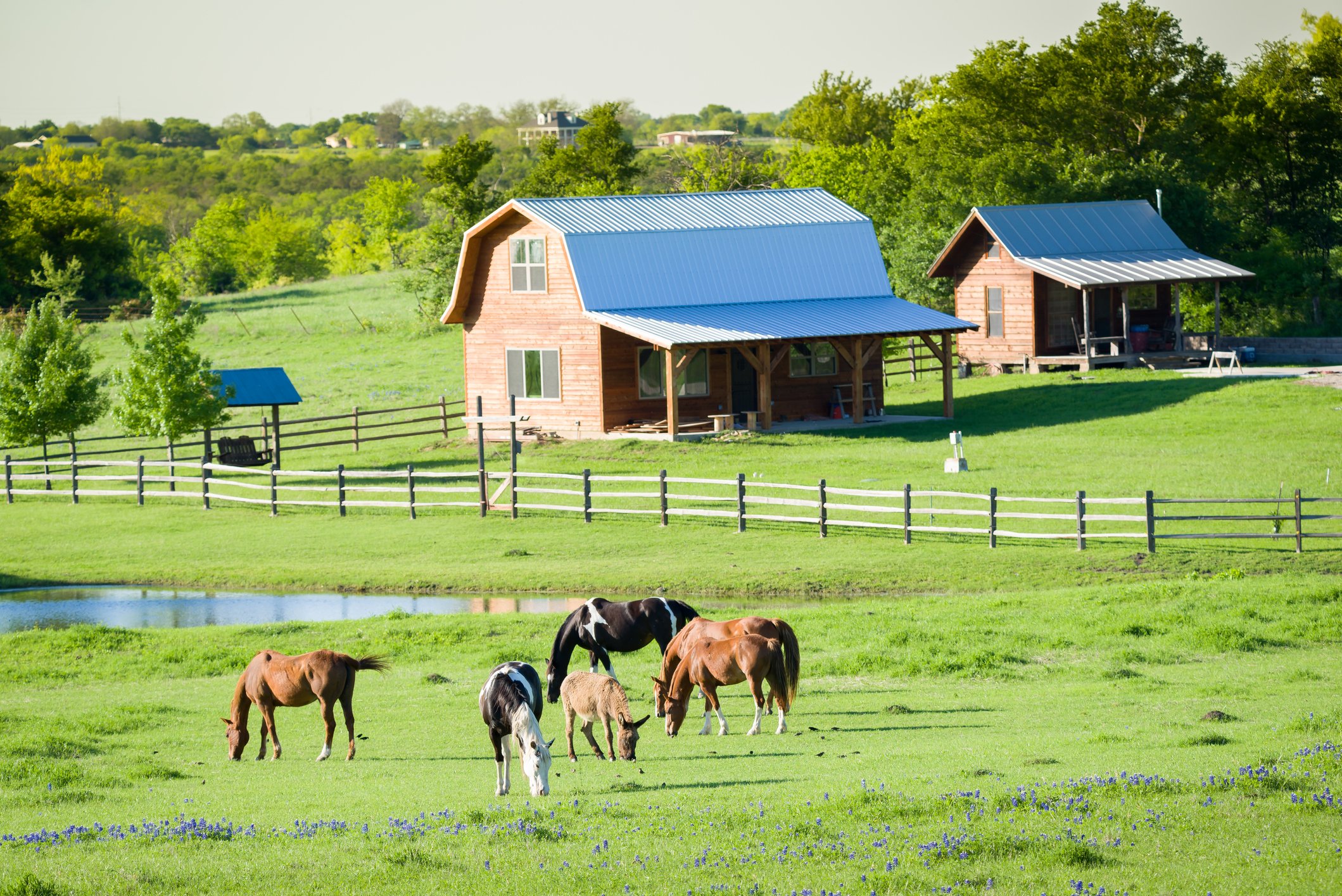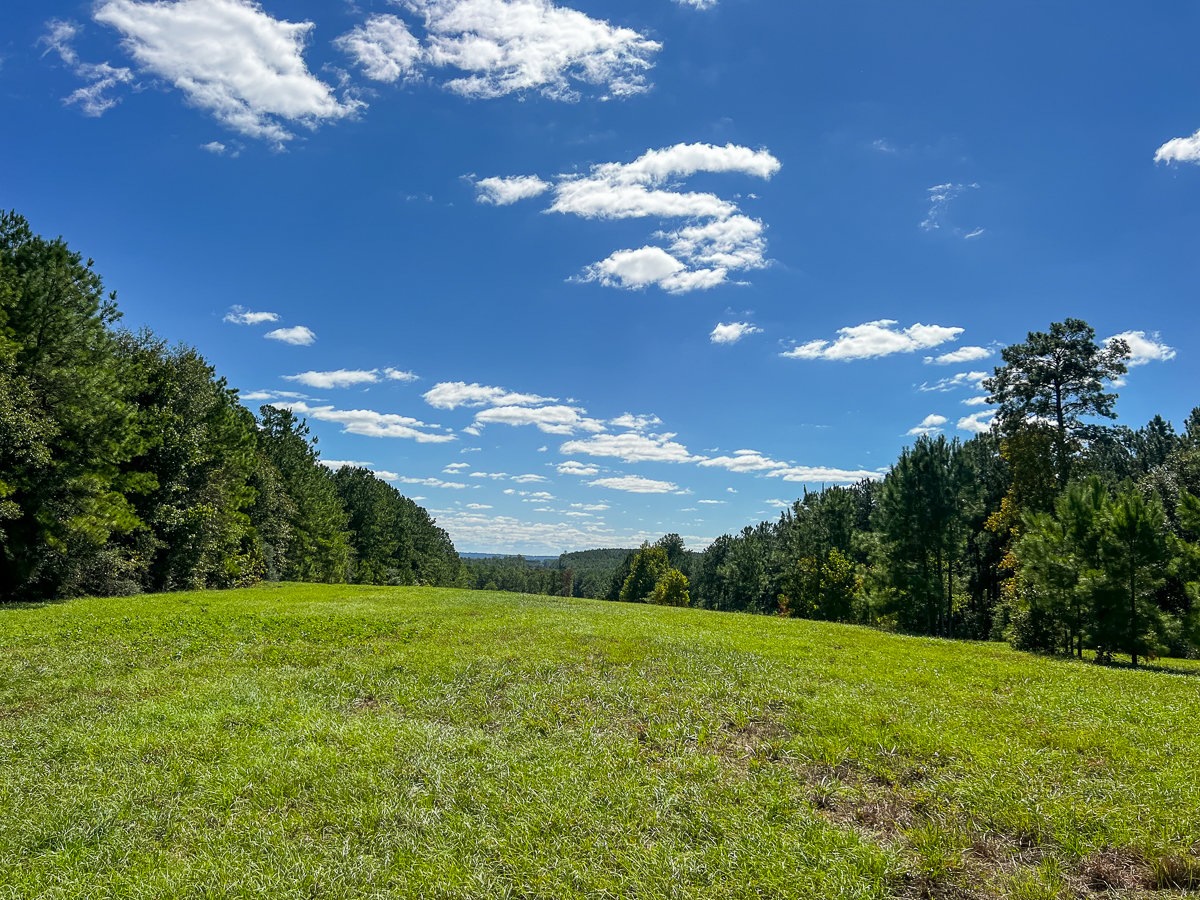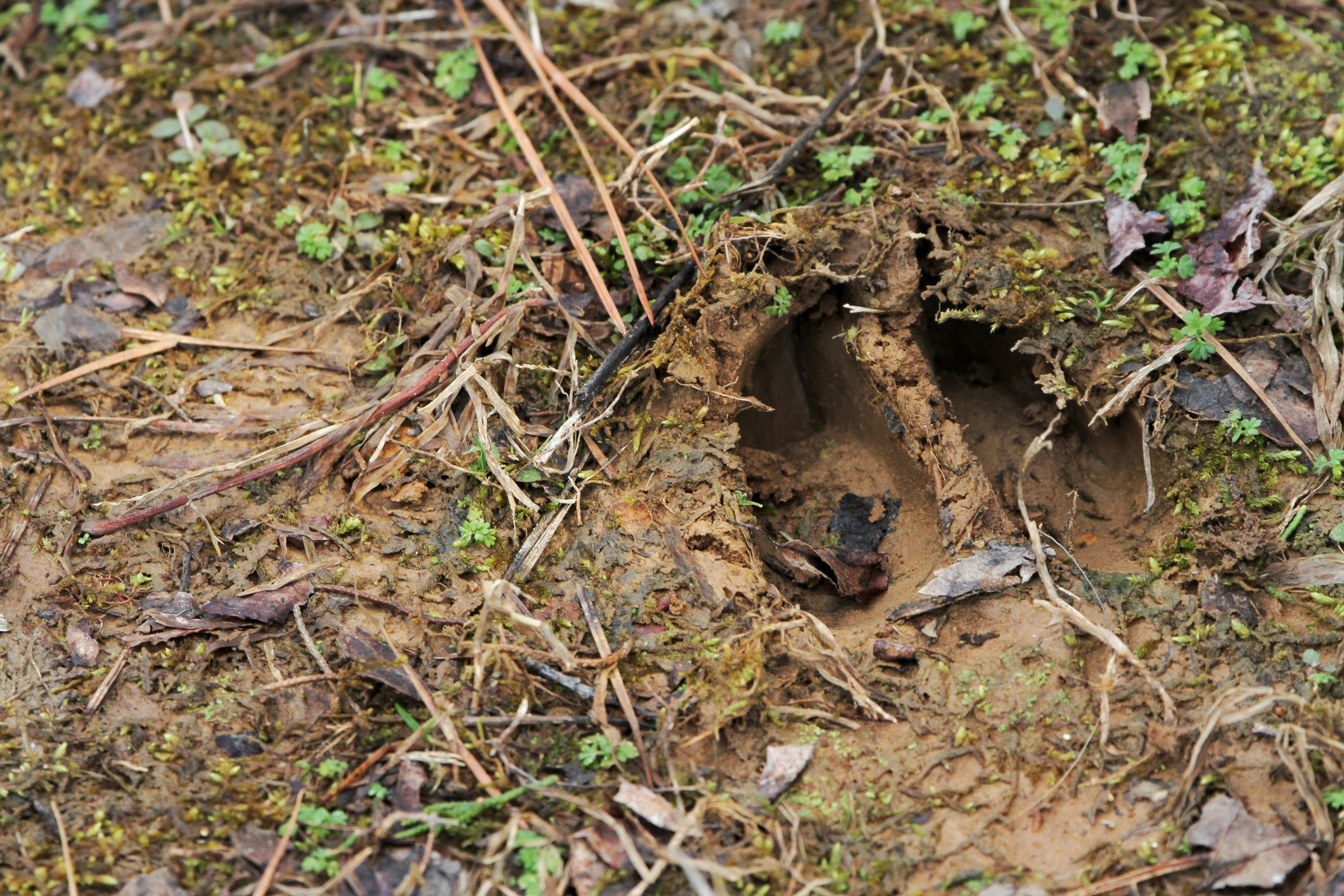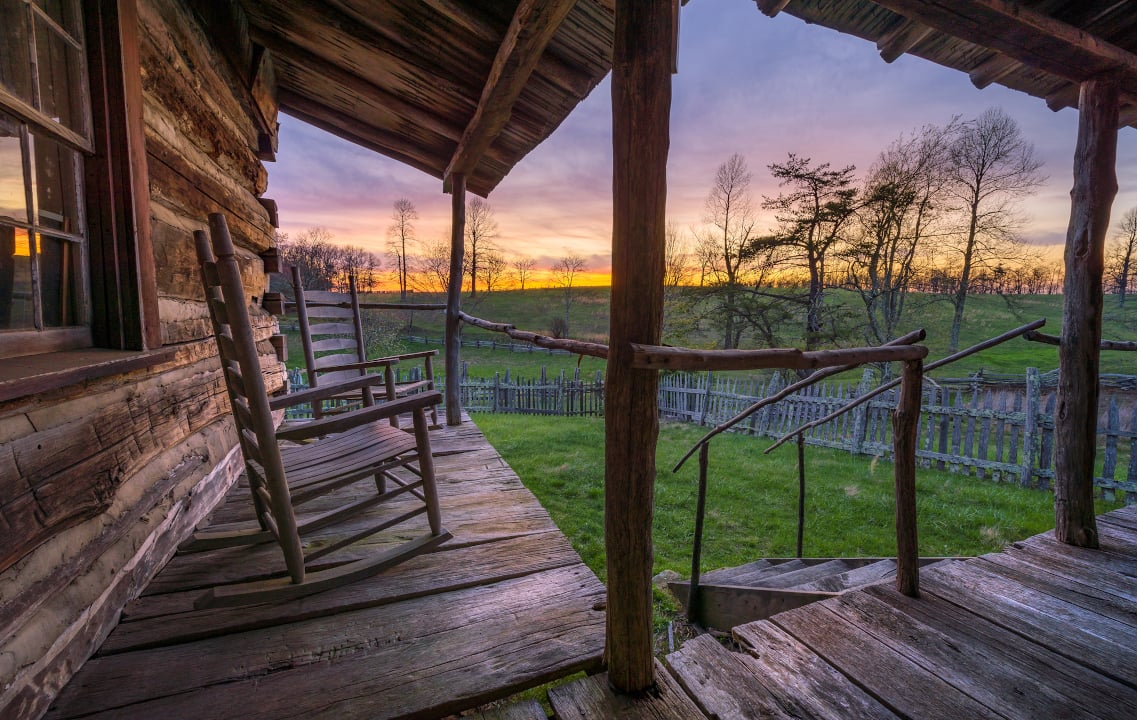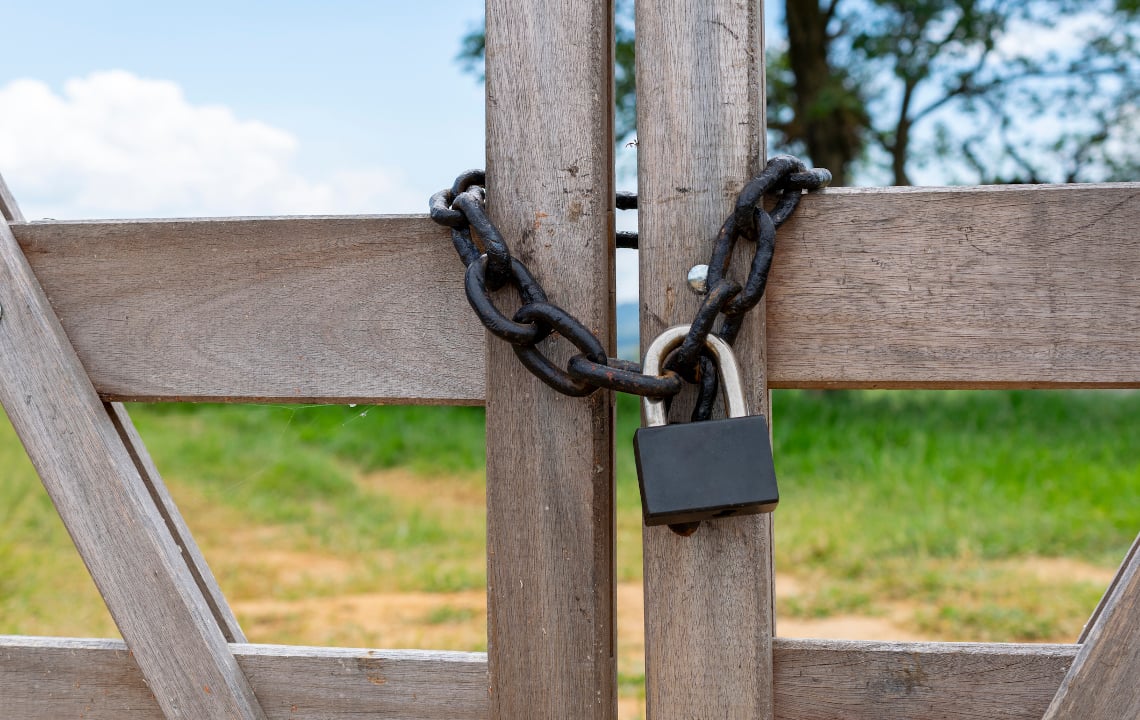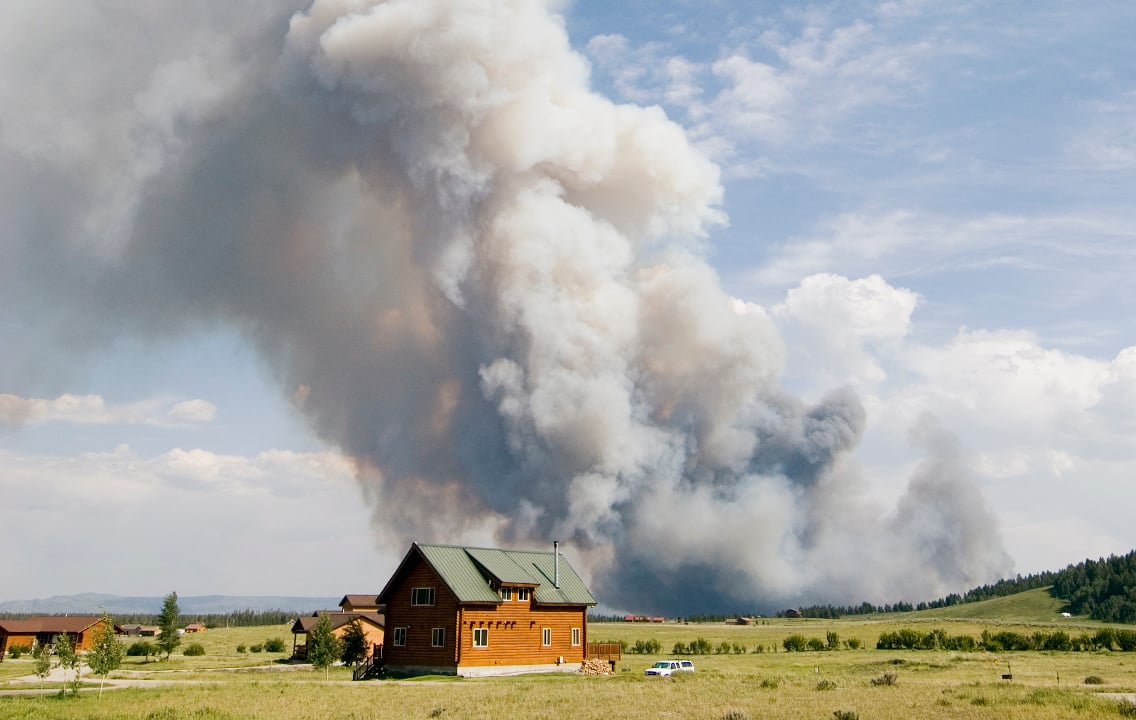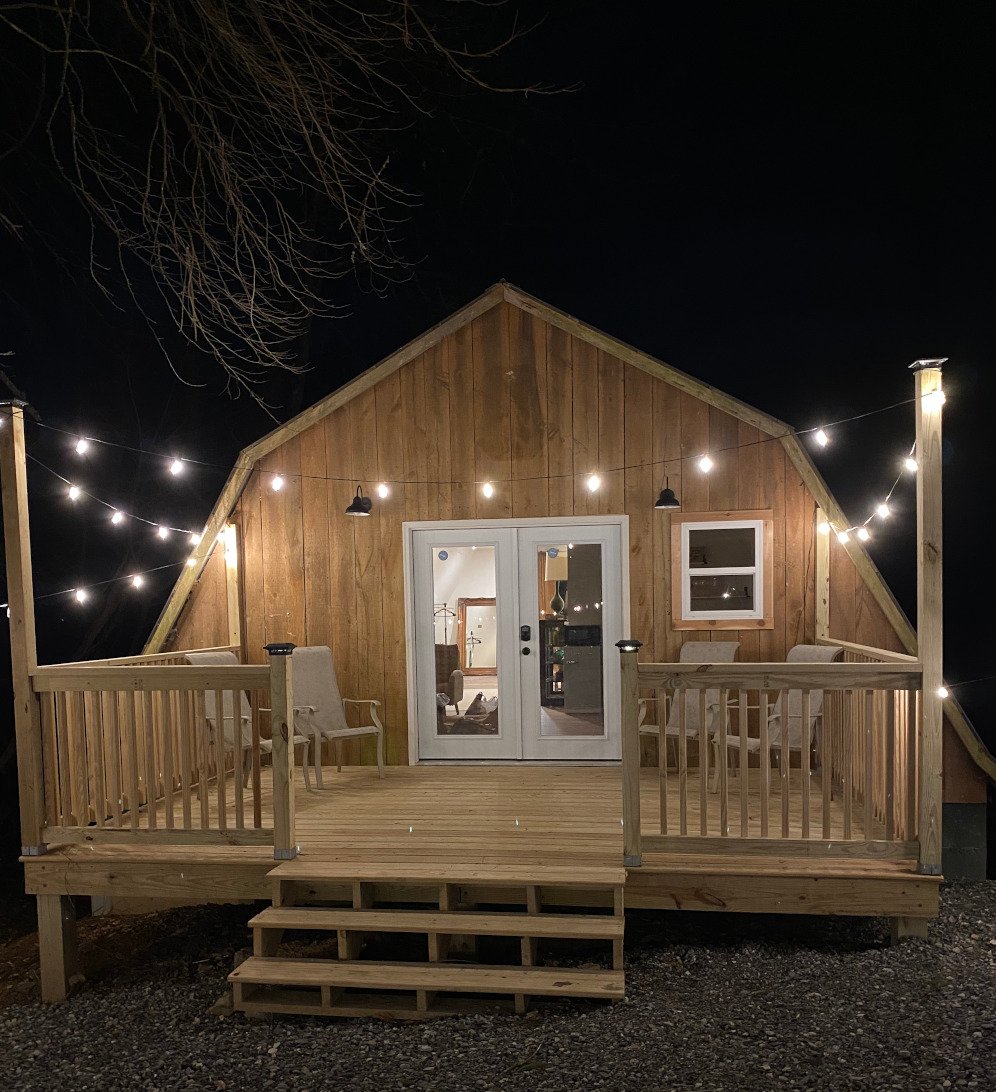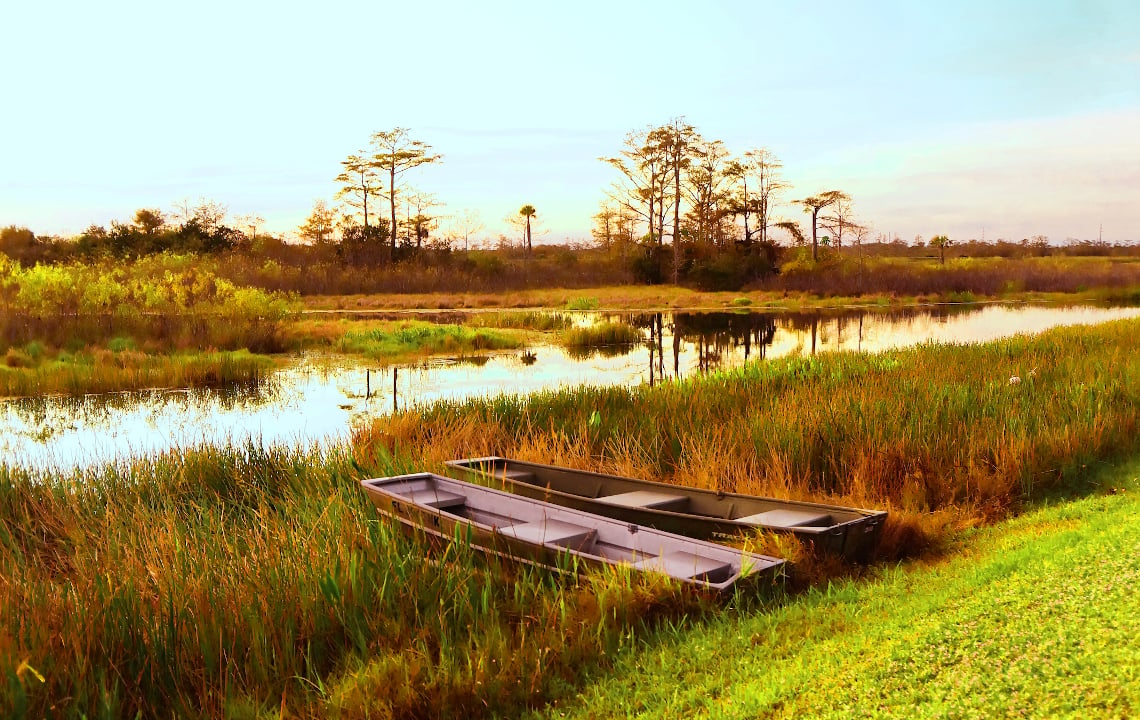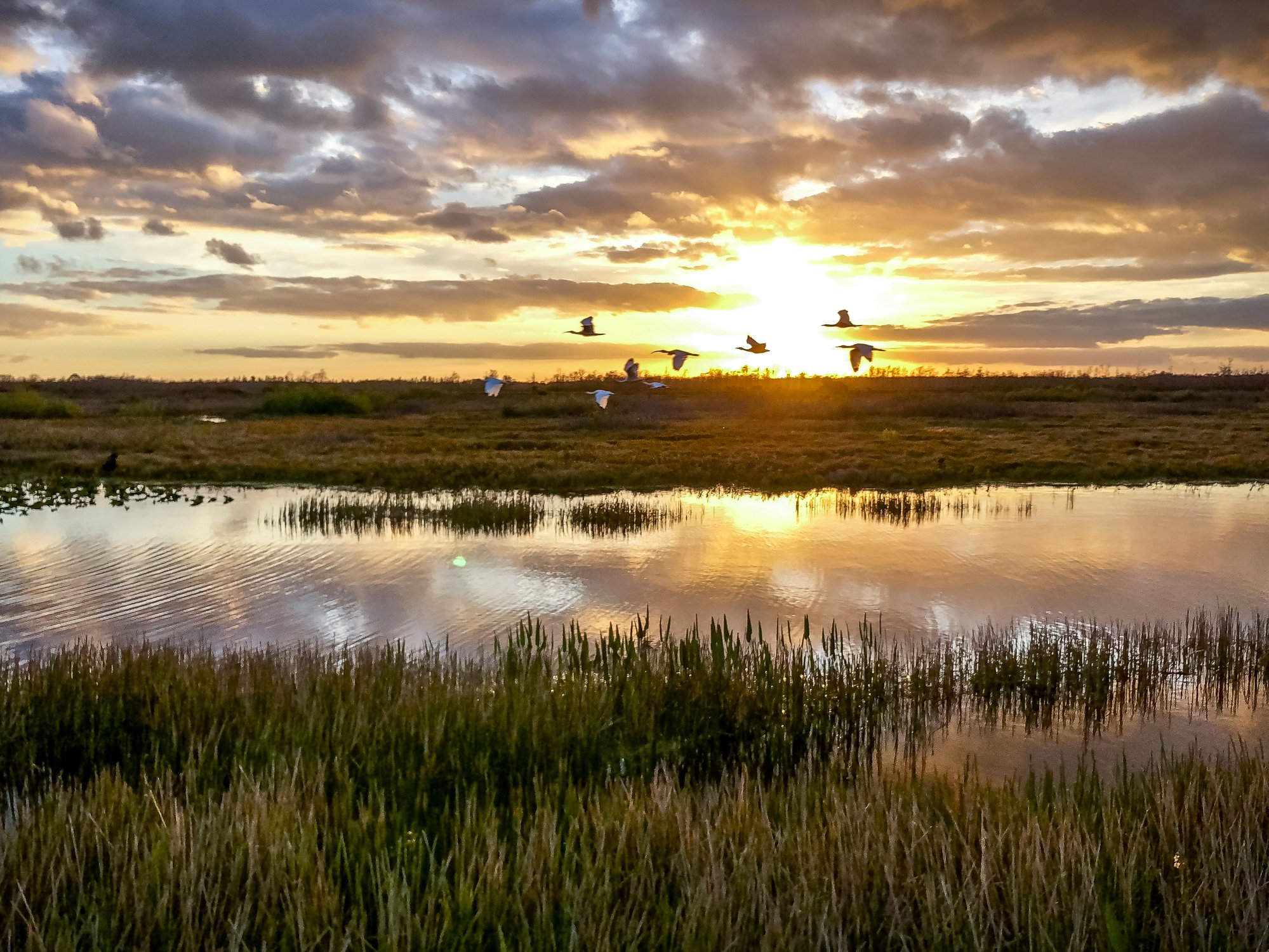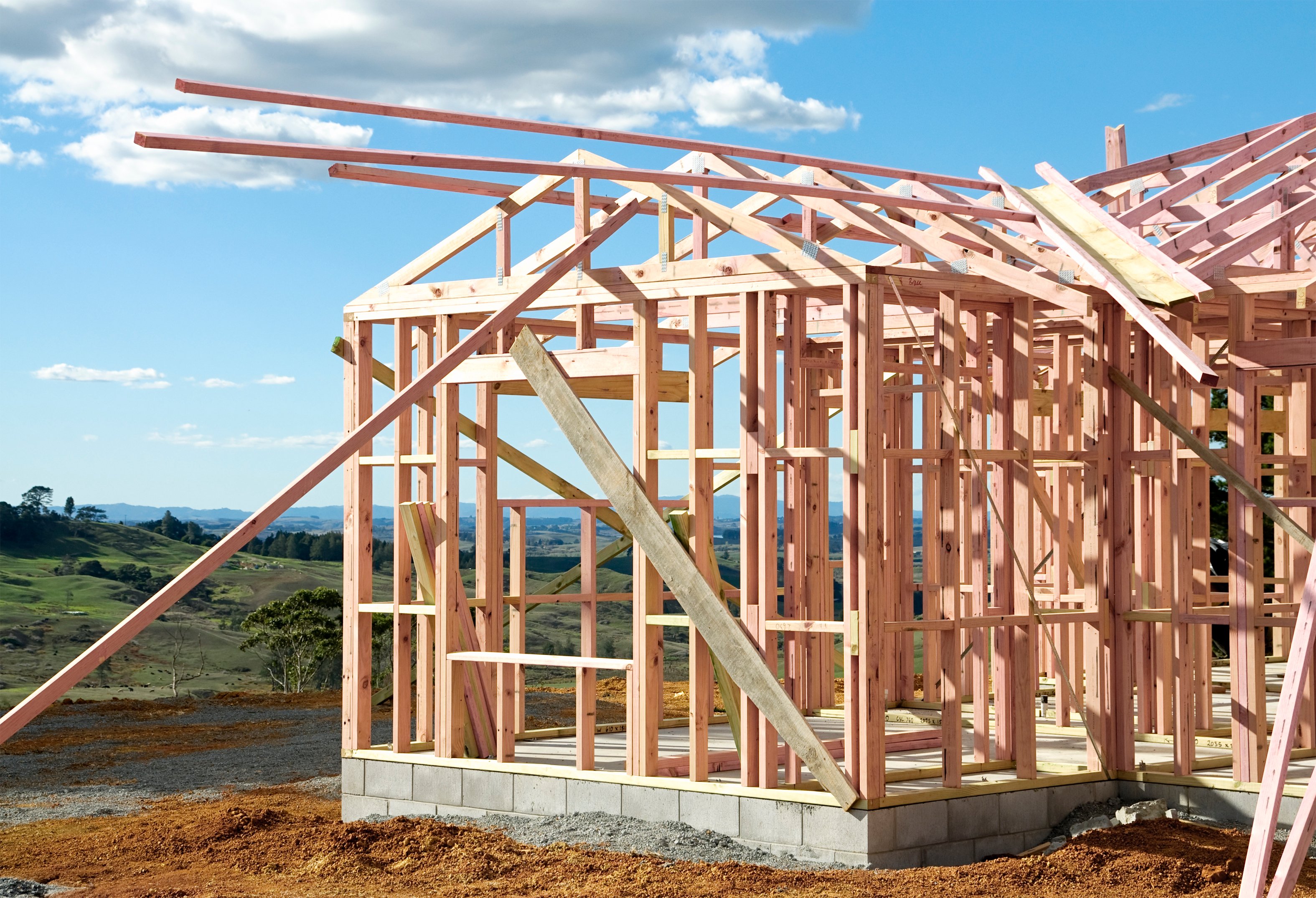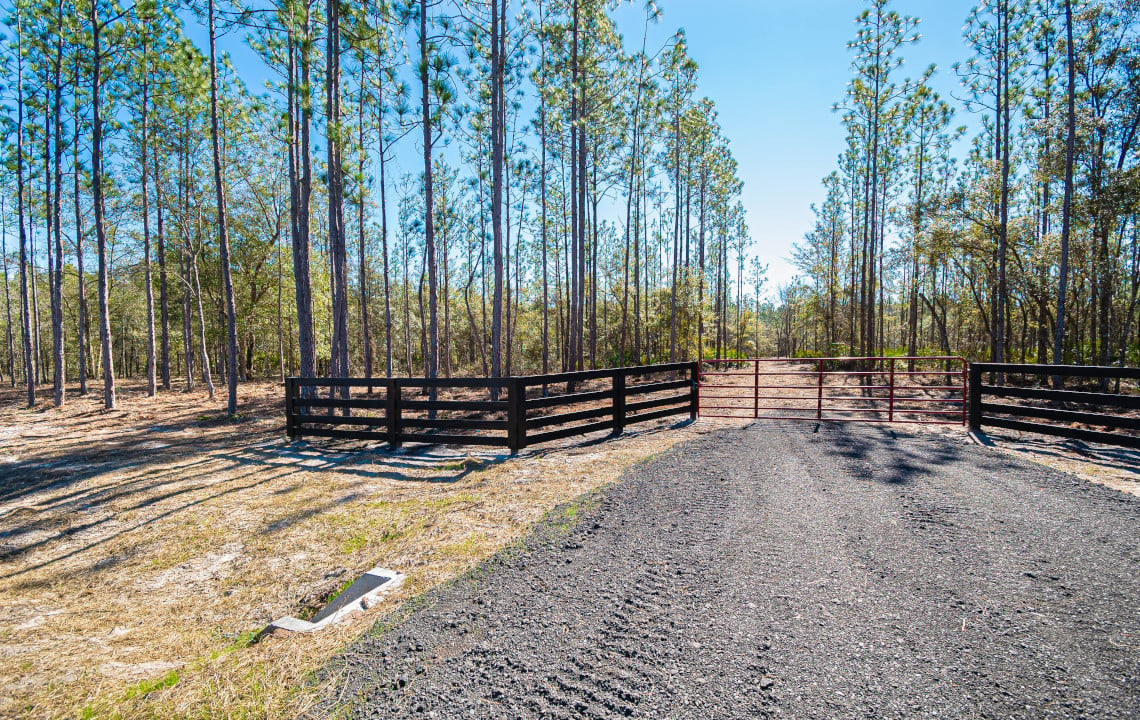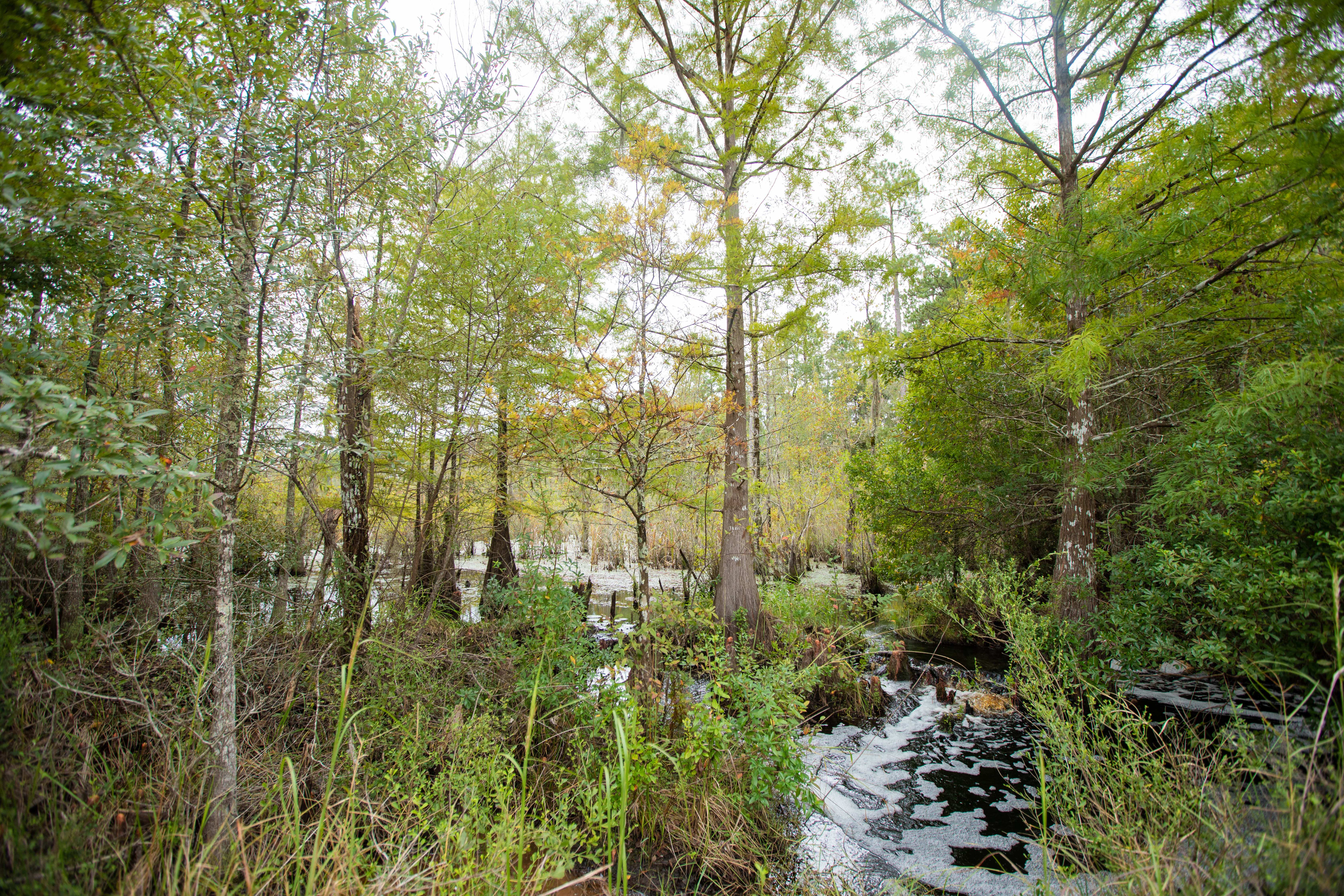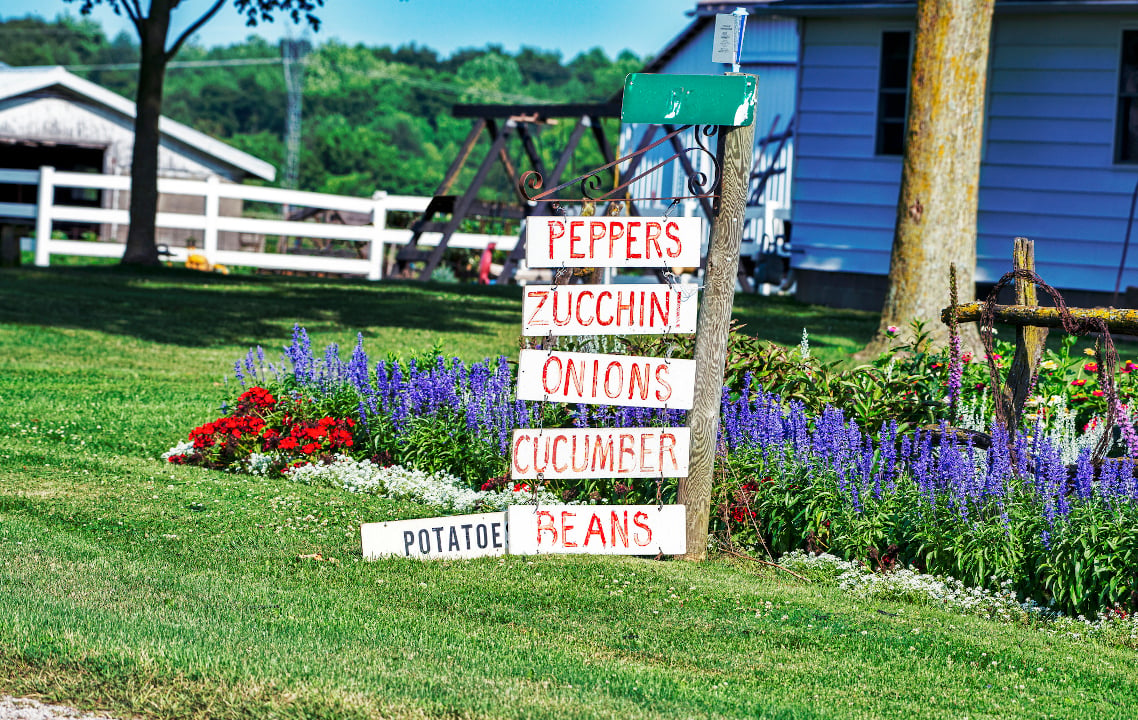If you've been looking for land for sale in Texas, you probably have a lot of questions. Experts offer tips about buying land in Texas.
*Note: This article was originally written published in 2016 and was updated and re-published to reflect new market information, prices and trends in 2022.
With its beautiful ranch properties, rolling hills and hardy pine forests, Texas is an ideal place to buy land.
It's also one of the fastest growing states economically in America (ranked #8 in 2021 by Forbes), which means it's become a popular relocation spot during the pandemic.
But finding the perfect property is just the beginning of the land buying process. In order to know how to buy land in Texas, there are a number of state-specific trends and regulations to understand.
Here are the answers to some common questions Texas land buyers ask:
Q: What does rural land in Texas typically cost?
It's wise to keep in mind that land values can vary vastly depending on features of the specific property you're considering, such as location, access, special amenities and natural features. However, the Real Estate Center of Texas A&M University has a website dedicated to data on purchasing rural land in Texas, including average pricing data, at this link. You can use the tool to research the cost of land in Texas, with a database of past price trends in the region where you’re looking for land.
According to the current data on the website, these are the median prices-per-acre for Texas’s seven Land Market Regions from fourth quarter, 2021 with the average overall price being: $3954 per acre.
- Austin-Waco-Hill Country: $5,733
- Far West Texas: $1,826
- Gulf Coast-Brazos Bottom: $8,392
- Northeast Texas: $6,742
- Panhandle and South Plains: $1,312
- South Texas: $4,684
- West Texas: $1,947
You can use the link below to calculate the most up-to-date averages for these regions.
Source: Texas Rural Land Prices: Regions, Real Estate Center of Texas A&M University
Q: How long does it take to purchase land in Texas?
A: Once you make an offer on a property, there are several required steps before you can close on it:
- Survey: A boundary survey, which must be performed by a registered land surveyor, will confirm the acreage of the land, confirm where the property boundaries are, and determine whether there are any encroachments on the property. (Note: There are rare instances when a survey is not needed, for instance, if there is a former legal description available.)
- Title policy: A title policy is a one-time expense that will ensure you are protected if someone else tries to claim they own the land after you purchase it. The title company will research, for example, whether there are any liens on the property and confirm that the seller truly owns it.
- Appraisal: An appraisal, required by lenders, will determine the value of the property to ensure the purchase price is appropriate. For smaller loans (less than $250,000), your lender may use an in-house appraiser to determine the value. Federal law requires that you use a state-certified appraiser for purchases above $250,000.
- Possibly a timber inventory: If you’re buying timberland, a timber inventory will determine how much timber is on the property and give you an estimated value
With all of those factors in mind, Homeland Properties Inc. land Broker associate, Robbi Flack says, “6-8 weeks is a normal timeline, but we do have some that stretch to 12+ weeks. Timelines will be very tract specific and also depend on the seller and the current market. During 2020/2021 in the middle of COVID, we had some properties taking longer to close due to overload on title companies and surveyors. We are seeing more normal timelines now!”
Q: Do mineral rights come with my Texas property?
"Typically in Texas, mineral rights have been severed from the property. I currently have 200+ listings, and not one has mineral rights," says Karen Stout, land agent at Homeland Properties.
Most of her clients expect that, and there is no need for further digging.
But if you’re concerned and want to know for sure, how do you find out if your property has mineral rights? The property's title commitment may identify someone who conveyed the rights to the minerals beneath the land, but it's not failproof. And even if the deed conveys mineral rights, there may be a previous landowner who reserved the rights, which would trump what the deed says.
The only way to know for sure if a property has mineral rights is to hire a professional landman to conduct an intensive mineral title search, which can be costly. You can find a landman by contacting the American Association of Professional Landmen.
So what does it mean to the land buyer if mineral rights are not included? If the property is small, in the 40 acres or less range, it probably won't mean much, Stout says.
"People worry that a company will put a well on their property. They could, but they're more likely to go to a larger landowner who has 100s of acres," she says, explaining it’s better for the company’s operations.
If a company does install a well to drill on the property, it will typically compensate the landowner for surface damage, Stout says.
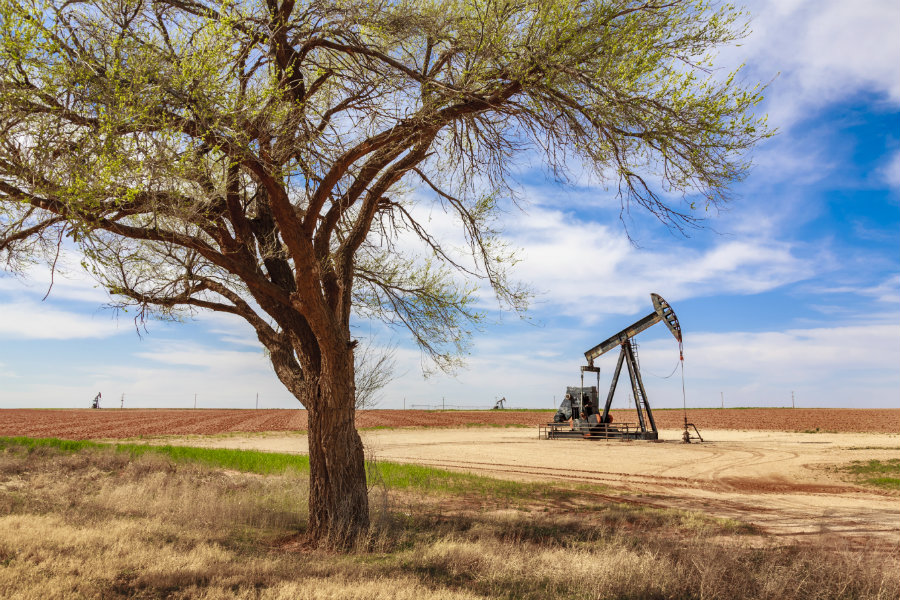
Q: How do I get utilities on a remote rural property in Texas?
A: Even recreational land buyers, who only want to use their property for outdoor recreation, ATVing or RVing typically want to at least have electricity on their land, Stout says. To get it, you first need to find out who the provider is for the area surrounding the property.
You can ask the seller, who should have already researched who the provider is, Stout says. Or, to find out for yourself, just look on the nearest electrical pole. The pole will have the name of the provider.
Once you know which company you’re dealing with, contact them for an estimate. The company will charge a per-foot rate to bring power from the nearest source to your property. (Costs vary widely from one company and location to another).
To get water on a remote property, you’re most likely going to need to drill a well, Stout says.
Per Flack, most East Texas properties start at around $10,000 baseline.
Sometimes, the seller will grant the land buyer an “electrical easement” to cover the cost of installing electricity even if it’s done years after purchasing the land.
Q: How do I finance a land purchase in Texas?
A: Purchasing raw land is different from purchasing a home. Mainstream banks typically won’t approve land loans because it is not their area of expertise. Instead, farm credit institutions offer land loans - and they know their land. They can walk you through the loan approval process, recommend what insurance to purchase, explain property tax discounts you may be eligible for and more.
Flack, who is based in Huntsville, says more than 90 percent of her non-cash buyers finance through Capital Farm Credit, a cooperative owned and operated by ranchers and rural landowners throughout Texas. “Common Farm Credit lenders we work with are Texas Farm Credit, Capital Farm Credit, and Heritage Land Bank. All of these lenders function the same way, but operate more in different micromarkets within East Texas and/or by relationships that customers have already created with a specific loan officer.
“We prefer a farm credit lender as they make the process smooth and simple for the buyer, title company, and real estate agents. They specialize in rural land loans so they have the expertise to get the loan done and can help the buyer with possible farm equipment loans, construction loans, etc.
She says Capital Farm Credit is her company’s preferred lender because it offers a number of unique services, such as the option to refinance a land loan after building a home on the land, so the land and home loans can be packaged together.
Q: How does a land loan differ from a home mortgage in Texas?
Finance institutions offering land loans typically require a higher down payment than some primary dwelling mortgages. Expect to pay 20 percent or more of the overall cost of the property upfront.
The length and interest rate of the loan can widely vary.
“As a rural lender, each deal is a little different, depending on the size of the loan and how much downpayment is required,” says Landon Reneau, a senior loan officer at Capital Farm Credit in Conroe. “When someone buys more than 10 acres, we will finance from 5 to 30 years with different options for interest rates.”
He said first-time land buyers are often surprised that the interest rate for purchasing land is higher than that of purchasing a home.
On the bright side, Reneau says there are benefits to working with a farm credit institution. Anyone who purchases land through Capital Farm Credit is considered a partial owner of the cooperative. As part of their ownership, they are required to purchase a $1000 stock in the company that will be returned to them when they pay off the loan. During the loan payment period, however, the company will pay out a “patronage rebate” to the borrower, which lowers the effective cost of the loan.
Q: What are the closing costs for a land purchase in Texas?
A: Once you choose the lender you will be working with, your financial officer can discuss closing costs with you. In general, however, these are typical closing costs:
- If you are not a cash buyer, expect to pay 20 percent of the full purchase price as down payment.
- Additional closing costs from the lender, ranging from 1.2 to 1.5 percent of the total loan. (The exact percentage will be based on how large the transaction is and how complicated the process is)
- The cost of a title policy. Rates are set by the state. Use this chart from the Texas Department of Insurance to calculate what your price will be. And take note that you may be able to negotiate for the seller to pay this fee.
- The cost of a survey. Although this is a negotiable expense, per Flack many buyers over the last two hears have offered to foot the bill to increase the strength of their offer. The costs vary by company, but Flack stresses the importance of good quality work vs. hiring the cheapest surveyor.
- Recording fees, which vary from county to county.
Title closing fee. These small fees ranging from $150-$500+ are usually split between the buyer and seller.
Q: What types of property tax exemptions are available for rural landowners in Texas?
 Texas landowners may qualify for either an agricultural and timber exemption or a wildlife exemption, which could reduce their annual property taxes by thousands of dollars. (Note: Though they are commonly referred to as exemptions, these savings are actually special use valuations that bring discounts rather than full exemptions, but we’ll use the word “exemption” for simplicity’s sake.) We’re giving you general guidelines here, but the best resource (once you choose what Texas land for sale you want to buy) is the county appraisal district that land is in.This website has links to all of Texas’s County Appraisal Districts, which will give you the contact information, forms and general information about property taxes and how to apply for property tax exemptions in that county.
Texas landowners may qualify for either an agricultural and timber exemption or a wildlife exemption, which could reduce their annual property taxes by thousands of dollars. (Note: Though they are commonly referred to as exemptions, these savings are actually special use valuations that bring discounts rather than full exemptions, but we’ll use the word “exemption” for simplicity’s sake.) We’re giving you general guidelines here, but the best resource (once you choose what Texas land for sale you want to buy) is the county appraisal district that land is in.This website has links to all of Texas’s County Appraisal Districts, which will give you the contact information, forms and general information about property taxes and how to apply for property tax exemptions in that county.
- How to qualify for a property tax exemption:
Land used for agricultural purposes, such as pasture or grazing land, timberland, and land used to protect and preserve wildlife may qualify, but there is fine print for each exemption stipulating exactly how the land should be used. The Texas Property Tax Code at this link explains in sections 23:51 through 23:59 which properties are eligible for the appraisal process that leads to the exemption.
- The Texas Comptroller of Public Accounts has a handy website offering PDFs of key legislation and forms here.
- If reading legislation is too heavy for you, try this more reader-friendly overview of required qualifications written by the Caldwell County Appraisal District.
- For a wildlife exemption, the Texas Parks and Wildlife Department has a comprehensive FAQs page at this link.
Once you determine that you meet the stipulations for the exemption, you have to apply through your county appraisal district for a special Open Space Appraisal known as a 1-d-1. (The name 1-d-1 refers to Texas Constitution Article 8, Section 1-d-1, which explains the Open Space Appraisal).
- How much money can Texans save with a rural land use exemption?
Property taxes are reduced to a mere $3 to $5 per-acre per-year with an agricultural exemption, Stout says. A timber exemption reduces property taxes to $5 to $6 per-acre per-year. That’s a big deal in a state with one of the highest average property tax rates in the nation. According to this Houston Chronicle article, the average Texan paid $3,327 in property taxes. Using these numbers, the owner of a 20-acre property would pay $100 instead of $16,635.
Whatever the cost, property taxes are typically not escrowed into the loan the way they are in many home mortgage loans. That means it will be important for the land buyer to be prepared to make a lump payment at the end of the year.
- How much money can Texans save with a rural land use exemption?
Property taxes are reduced to a mere $3 to $5 per-acre per-year with an agricultural exemption, Stout says. A timber exemption reduces property taxes to $5 to $6 per-acre per-year. That’s a big deal in a state with one of the highest average property tax rates in the nation. According to this Houston Chronicle article, the average Texan paid $3,327 in property taxes in 2015. Using these numbers, the owner of a 20-acre property would pay $100 instead of $16,635.
Whatever the cost, property taxes are typically not escrowed into the loan the way they are in many home mortgage loans. That means it will be important for the land buyer to be prepared to make a lump payment at the end of the year.
Q: Are there any other financial incentives for rural land buyers in Texas?
A: If you use the property for farming purposes, including owning timberland and planning to sell the timber, you will be able to file a Schedule F in your federal income taxes. Entitled Profit or Loss from Farming, Schedule F, will allow you to write off expenses related to farming activities, including the interest on your loan to purchase the land. This article by TurboTax explains Schedule F in detail.
If you build something on the property, you may be eligible to claim the interest of the construction loan in your federal income taxes, too.
Q: What insurance am I required to have on raw land in Texas?
A: Insurance is not required if there is not a structure on the land. A title policy will be required by the lender, but that is a one-time per-transaction cost.Rates are set by the state. (For more information about title insurance, see above under the closing costs heading).
“A title policy will let you know if a lease, lien or other encumbrances is on the land so you can terminate it or buy it out. If something comes up later (after purchasing the policy), the title company will be on the hook to resolve the issue or cover your costs,” Reneau explains.
There are other optional insurance choices to consider:
- Liability insurance - To protect you from being liable, for example, if others are using your property (whether you condone it or not) for hunting or other recreational activities, or if your livestock got loose and damaged someone else’s property. Liability insurance can also be used to endorse high value equipment you use on your land, such as a tractor.
- Timber insurance - To protect you from loss due to a natural disaster or fire if you own timberland.
Buying land anywhere - including Texas - involves a lot of steps. But the end result, owning property where you have the freedom to use the land to suit your needs, is worth every minute of the buying process.
That’s why Stout loves her job.
“I’ve been doing this for 16 years, and I love seeing these people who saved their money for so long invest in something solid. It’s their own piece of earth, which is pretty amazing. You can’t beat that.”